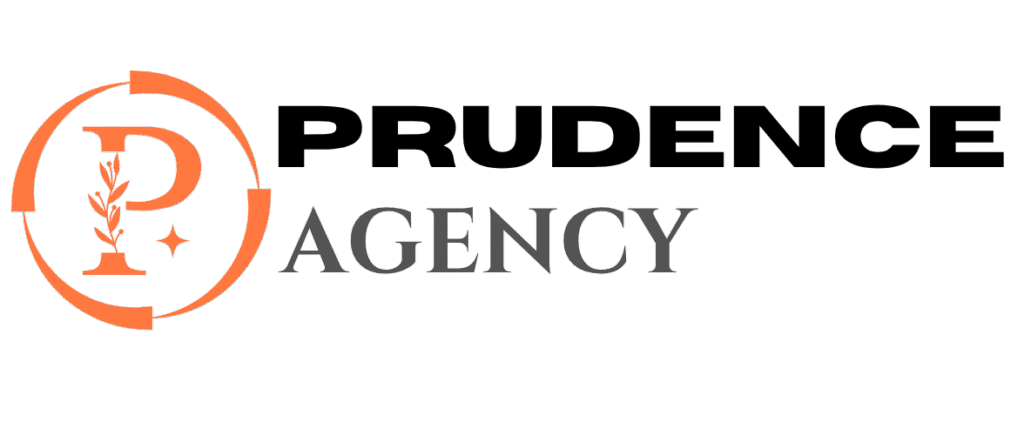The Future of AI in Contract Analysis and Legal Automation
Artificial intelligence (AI) is reshaping industries worldwide, and the legal sector is no exception. One of the areas experiencing revolutionary change is contract analysis and legal automation. This transformation is unlocking unparalleled efficiency, accuracy, and insight for law firms, corporate legal departments, and contract specialists. In this article, we’ll explore the future of AI in contract analysis, legal automation benefits, practical tips for adoption, and real-world case studies that spotlight innovative applications.
Understanding AI in Contract Analysis and Legal Automation
AI-powered contract analysis uses advanced algorithms and natural language processing (NLP) to automate the review, interpretation, and management of legal contracts. Legal automation expands beyond contracts to streamline routine tasks such as document drafting, compliance checks, and workflow management using intelligent systems.
By automating these traditionally manual and time-consuming processes, AI is driving a new legal paradigm focused on data-driven decisions, improving compliance, mitigating risks, and reducing operational costs.
Key Technologies Behind AI Legal Automation
- Natural Language Processing (NLP): Enables machines to read, interpret, and categorize legal text with human-like comprehension.
- Machine Learning (ML): AI systems learn from large datasets to improve contract analysis accuracy and detect anomalies.
- Robotic Process Automation (RPA): Automates repetitive administrative workflows like approvals and notifications within legal teams.
- Blockchain: Supports secure contract storage and smart contracts that self-execute based on predefined rules.
Benefits of AI in Contract Analysis and Legal Automation
Applying AI to contract review and legal workflows yields numerous benefits that extend across the legal ecosystem:
- Improved Accuracy: AI minimizes human error by automatically flagging inconsistencies, missing clauses, and compliance red flags.
- Time Savings: Contract review processes that once took days can now be completed in minutes, freeing lawyers for higher-value work.
- Cost Reduction: Automating routine tasks lowers overall legal spend and reduces reliance on expensive external counsel for simple reviews.
- Enhanced Risk Management: Predictive analytics and pattern recognition enable proactive identification of potential contract risks and liabilities.
- Scalability: AI solutions effortlessly scale to handle vast contract volumes, supporting growth without proportional staff increases.
- Data-Driven Insights: AI aggregates contract data for strategic insights like trend analysis, benchmarking, and personalized contract recommendations.
Emerging Trends in AI for the Legal Industry
The future of AI in contract analysis and legal automation is defined by exciting trends and innovations:
| Trend | Description | Impact |
|---|---|---|
| Explainable AI | AI systems provide transparent decision rationale to increase trust and legal defensibility. | Boosts lawyer confidence and regulatory compliance. |
| Integration with LegalTech Ecosystems | Seamless connection of AI with document management, CRM, and compliance software. | Simplifies workflows and centralizes data. |
| Smart Contract Adoption | Blockchain-enabled contracts that self-execute on meeting conditions. | Reduces manual enforcement and speeds contract life cycles. |
| AI-Driven Negotiation Support | Automated identification of negotiation levers and risk points. | Improves bargaining outcomes with data insights. |
| Personalized Contract Drafting | AI tools that generate tailored contracts based on user preferences and contextual inputs. | Accelerates drafting and reduces repetitive work. |
Practical Tips for Implementing AI in Contract Analysis
To maximize the benefits of AI-powered legal automation, organizations should consider the following best practices:
- Start with High-Impact Use Cases: Prioritize contracts with high volume or significant risk to showcase AI value quickly.
- Collaborate with Legal Professionals: Involve attorneys and contract managers early to tune AI systems to practical nuances.
- Focus on Explainability: Choose solutions that provide clear reasoning behind contract flags or recommendations.
- Ensure Data Privacy and Security: Protect sensitive contract data with appropriate encryption and compliance measures.
- Train Staff Continuously: Educate legal teams on AI tools to foster adoption and leverage full capabilities.
- Integrate with Existing Systems: Seamless interoperability reduces disruption and encourages consistent workflows.
Case Studies: AI in Action for Contract Analysis
Here are two examples showcasing AI transforming contract analysis and legal automation in real-world applications:
Case Study 1: Global Corporate Legal Department
A multinational firm implemented an AI contract analysis platform to review over 10,000 vendor agreements annually. By automating key clause verification (e.g., indemnity, termination, confidentiality), the team reduced review time by 70%, decreased contract cycle times by 40%, and improved compliance adherence significantly.
Case Study 2: Mid-Sized Law Firm
A law firm specializing in mergers and acquisitions integrated AI-powered legal automation to draft initial contract templates and flag due diligence documents for risk factors. The AI system’s predictive abilities enhanced negotiation preparation and saved hundreds of billable hours, enabling attorneys to focus on strategy rather than manual document review.
Looking Ahead: The Expanding Role of AI in Legal Practice
The legal industry is on the cusp of a profound shift driven by AI innovation. Contract analysis tools will become increasingly sophisticated, leveraging cutting-edge deep learning models to understand complex legal language and interdependencies. Legal automation will grow beyond contracts to encompass case management, regulatory compliance, litigation strategy, and client communication.
Moreover, as AI regulations and ethical frameworks emerge, expect a responsible approach balancing automation and human judgment. Lawyers will increasingly act as strategic advisors augmented by AI-driven insights, transforming legal services into proactive, preventative, and seamlessly integrated solutions.
Conclusion
The future of AI in contract analysis and legal automation is not just promising-it’s inevitable. Organizations adopting AI now will gain a competitive advantage by enhancing accuracy, speeding workflow, and reducing costs. By embracing AI tools thoughtfully and strategically, legal professionals can unlock the true potential of technology to reinvent their practices and deliver greater value to clients.
If you want to stay ahead in this digital legal revolution, start exploring AI-powered contract analysis platforms today and prepare your team for a future where legal automation is the norm, not the exception.











